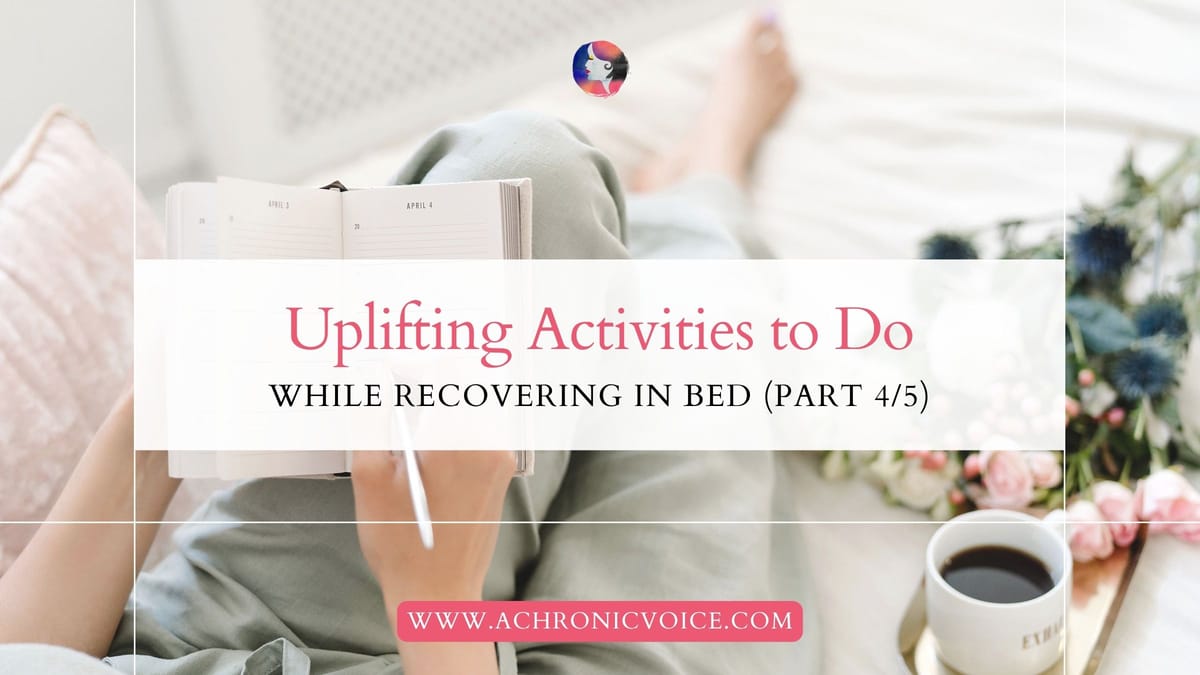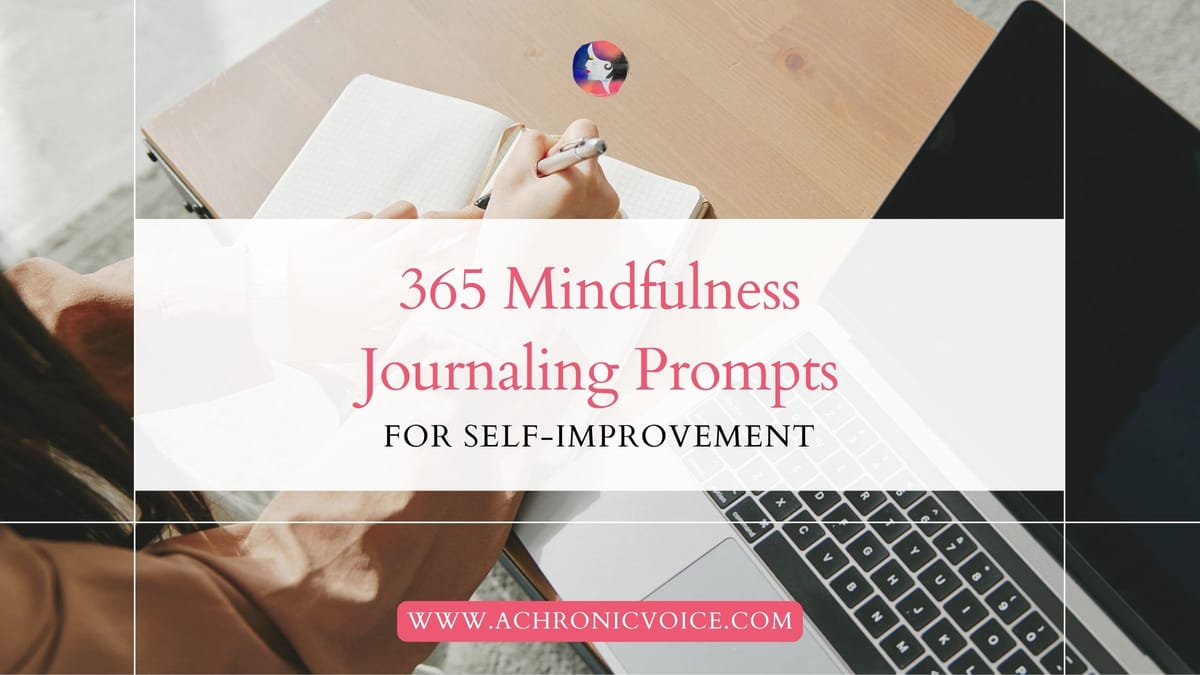The Idolisation of Chronic Stress in Modern Society
Chronic stress. It is an oft-forgotten factor in the equation to good health. Often, the tolerance for it is even glorified in modern society. More emphasis is placed on diet, exercise and sleep, with stress relief as a byproduct or afterthought.
*Disclaimer: This article is meant for educational purposes, and is based on my personal experiences as a patient. I am not a doctor, and nothing in this article should be substituted for medical advice. Please consult your own doctor before changing or adding any new treatment protocols. This post may also contain affiliate links. It will cost you nothing to click on them. I will get a small referral fee from purchases you make, which helps with the maintenance of this blog. Read our Privacy Policy page for more information. Thank you!
Pin to Your Chronic Stress & Chronic Illness Boards:

Why are We Not Taking Chronic Stress as Seriously as We Should?
Is it because these factors (i.e. diet, exercise and sleep) are more tangible and easily measured or monitored, whereas stress is a variable that differs for every individual? And if that is so, then is stress just ‘all in the mind’?
As someone who lives with chronic illnesses, chronic stress does actually yield a tangible feedback. This is reflected in my blood tests on a micro level, and intense chronic pain on a larger scale. Chronic stress is something that touches me physically, to the point where even morphine does not ease the pain. It is something that I not only can feel either, but also see — various body parts start to swell up from angry, red inflammatory reactions.
The emergency alarms of my body are all broken and wailing as it tries to dispose of the intruders, except for the fact that there is no intruder - it is attacking itself in the confusion.
Where do the Sources of My Chronic Stress Come From?
One of the main factors for chronic stress comes from work, which I'm sure is true for healthy individuals, too. How did I personally find out?
Well, I was driven to a point of desperation in my first job, where working past midnight on a daily basis was the norm. An accumulation of cab fare and dinner claims that amounted to hundreds of dollars were often a badge of pride as to who the hardest worker was.
But my red blood cell count had dropped to the point where I was only surviving on half of what was required to function. As my doctor put it best, “as if you were on a mountaintop with very little oxygen. Yet you are not out of breath because your body has acclimatised to it.”
Who would have thought, me, a Sherpa in the tropics at ground zero. That was the first thought that popped into my head at least. I had no other choice, and requested for three months of unpaid leave to rest and plan my next step.
What Happened When My Body Got a Break from the Chronic Stress
To my ignorant surprise, my blood count started to improve a little. After my unpaid leave period was over, I knew what I had to do, and tendered my resignation letter. That isn’t to say that I lived happily ever after, but the increased amount of rest I got, simple as that, did wonders that no medication could do.
Many times we ignore the effects of chronic stress, because it isn’t an acceptable excuse, or there isn’t a choice. This can be especially true if others are reliant on you to live in some form; perhaps you are a parent, employer or caregiver yourself.
Some Final Food for Thought About Chronic Stress
What makes chronic stress extra insidious, I believe, is its inability to be measured or calculated with precision. As humans, we also get used to the pace after some time, and begin to feel like that's 'normal'. Our unique ability as human beings (note: sarcasm) to self-impose stress is both a pro and con - whilst we may struggle to shift our attitudes and perceptions most of the time, there is still that space for choice.
All I wanted to do with this article is to serve as a reminder that chronic stress is a big factor in relation to good health. And for people with chronic illnesses whose immune systems have already been compromised from the get go, it might just be the biggest factor of them all.






Member comments